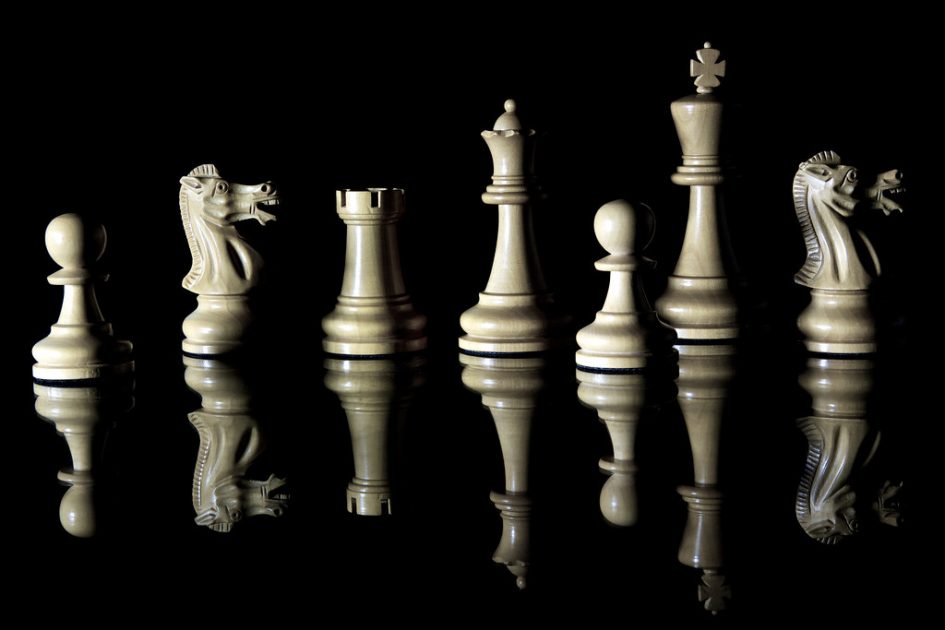2000 Challenge – Discover ways to improve at chess and attain the rank of expert.
Thanks for following my blog as I document my progress in this challenge. This week was another fun week of playing and learning about chess. I was reminded of the importance of losing and the learning opportunities that arise as a result. Finally, I’m becoming more familiar with the Encyclopedia of Chess Openings, and the nerd in me is so excited to tell you why it’s so cool.
I played a few games this week, and continued to grind through the puzzles on Lichess. I dropped a frustrating game with an A.I. opponent, and I had a great learning moment. Using Lichess analysis I found my mistakes and learned to make better decisions in those spots. Chess has 3 tiers of mistakes you can commit with a wrong move, called inaccuracies, mistakes, and blunders. A famous chess player once said, “An inaccuracy is something you want to avoid. A mistake is something you really want to avoid. A blunder is something you really, really want to avoid.” Silman’s book is teaching me how to read my opponent, but I mostly get myself in trouble on the chessboard, and Lichess is doing wonders to help me eliminate mistakes (and blunders).
The world of chess has this great open learning resource I’ve been becoming familiar with. It’s called the Encyclopedia of Chess Openings (ECO), and it’s been around for over 50 years. Chess is very old, even the “modern” openings are 100+ years old, so a chess encyclopedia this old hasn’t gathered as much dust as you’d think. Quite the opposite. Learning opening theory from this encyclopedia is required reading for any serious student of the game. In my opinion, there is a high correlation between memorizing lines from the ECO and attaining a high rank. I think it’s great that a resource like this exists as a open learning tool. It’s useful for me as a player and even more useful if I was a coach or professional player. Typically I like to use the ECO tool in conjunction with one of the many chess databases online that stores and has data on millions of played games. I am beginning to learn increasingly complicated opening lines, and being able to reference other games that have been played with the same moves allows me to become a sharper and better player.
I’m looking forward to continuing my challenge. This coming week I’ll tune into Agadmator on Youtube for more insight, continue reading Silman into chapter 3 hopefully, and continue using Lichess daily. Thanks for reading! – Mike

Leave a Reply